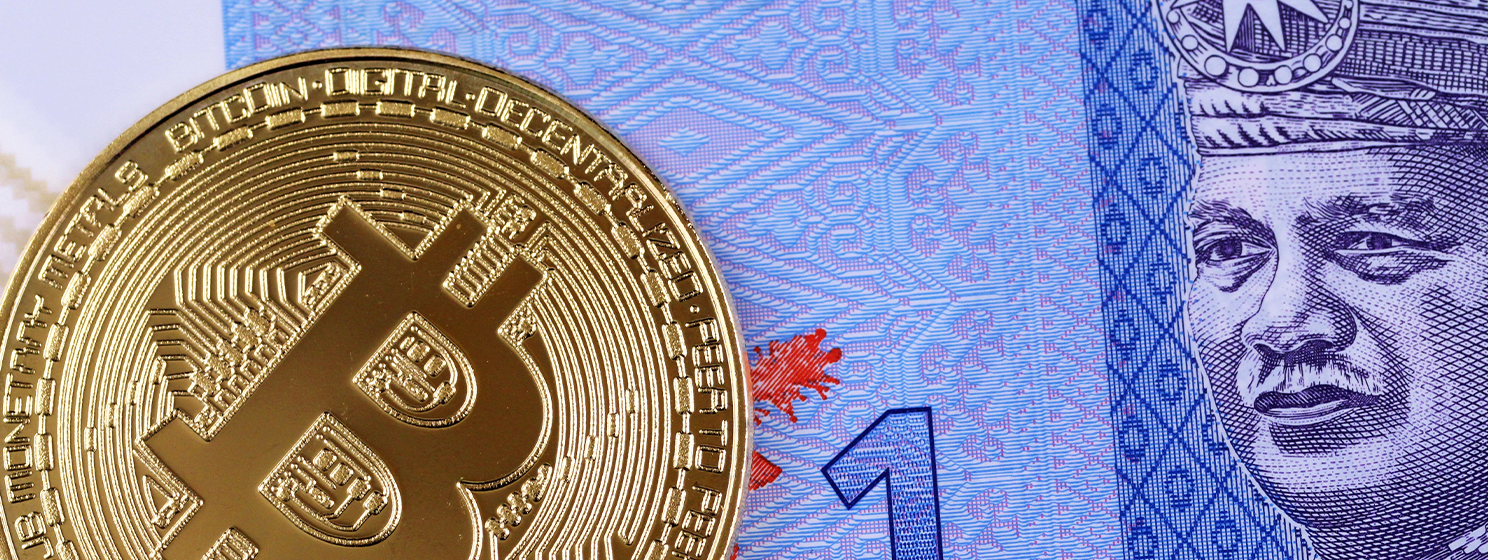|
Getting your Trinity Audio player ready...
|
In a landmark judgment, an Indian High Court ruled that mere digital asset dealings are not illegal or an offense under local law.
A recent Orissa High Court order has also granted bail to two people accused of allegedly running a Ponzi scheme and duping investors through a fake digital asset company. The court held that digital assets are not ‘money’ under India’s PCMCS Act (The Prize Chits and Money Circulation Schemes (Banning) Act).
“Cryptocurrency is not money within the meaning of Prize Chits and Money Circulation Schemes (Banning) Act and the investment made by the general public in cryptocurrency cannot partake the nature of deposit within the meaning of OPID Act (Odisha Protection of Interests of Depositors Act),” Justice Sasikhanta Mishra observed.
The two individuals accused in the matter were taken to court for allegedly operating a Ponzi scheme and promoting a digital asset called STA Token, which was introduced by a Netherlands-based company named STA (Solar Techno Alliance). The investors were told to bring in more investors on payment of interest or bonus, which would correspondingly increase as the number of investors climbs.
The High Court said that the STA Token did not qualify as ‘money’ under the PCMCS Act as it is a cryptocurrency stored in trust wallets and is purchased through applications from Google Play Store (NASDAQ: GOOGL) and Binance digital asset exchange.
The ruling is being hailed as progressive as traders celebrate more freedom for everyone investing in digital assets in India.
Not the first time
This isn’t the first time an Indian court has ruled in favor of dealings in digital assets. In 2020, India’s Supreme Court struck down a Reserve Bank of India’s (RBI) 2018 mandate that banned banks from handling digital asset transactions from exchanges and traders.
The ban had led to plunging trade volumes, with digital asset exchanges shutting down.
The Supreme Court questioned the “proportionality” of such measures.
“RBI needs to show at least some semblance of any damage suffered by its regulated entities. But there is none,” the three-judge Supreme Court bench said in a 180-page ruling while overturning the RBI’s directive.
Even after that, the central bank continued to insist on a complete ban on digital assets trading. However, instead of an outright prohibition, the government imposed one of the harshest taxation on digital asset trading—a 30% flat tax on all digital currency income with no provision to offset losses and a 1% tax deducted at source (TDS) on all transactions above Rs 10,000 ($120).
Interestingly, while the fastest-growing major economy is looking to regulate the digital assets space, Sitharaman said in March that ‘cryptocurrencies’ cannot be a legal currency in India; they are simply assets for trading and speculation.
So far, India has welcomed a joint report by the Financial Stability Board (FSB) and the International Monetary Fund (IMF), which outlined a comprehensive policy and regulatory response to crypto-asset activities.
“To address macroeconomic risks, jurisdictions should safeguard monetary sovereignty and strengthen monetary policy frameworks, guard against excessive capital flow volatility, and adopt unambiguous tax treatment of crypto-assets,” the report stated.
Digital asset exchanges in India, on their part, have been increasingly complying with new regulatory demands as the nation’s strong economic growth and commitment to emerging technologies continue to lure investors and corporations.
Watch: Exploring use cases for blockchain in India

 02-21-2026
02-21-2026 




